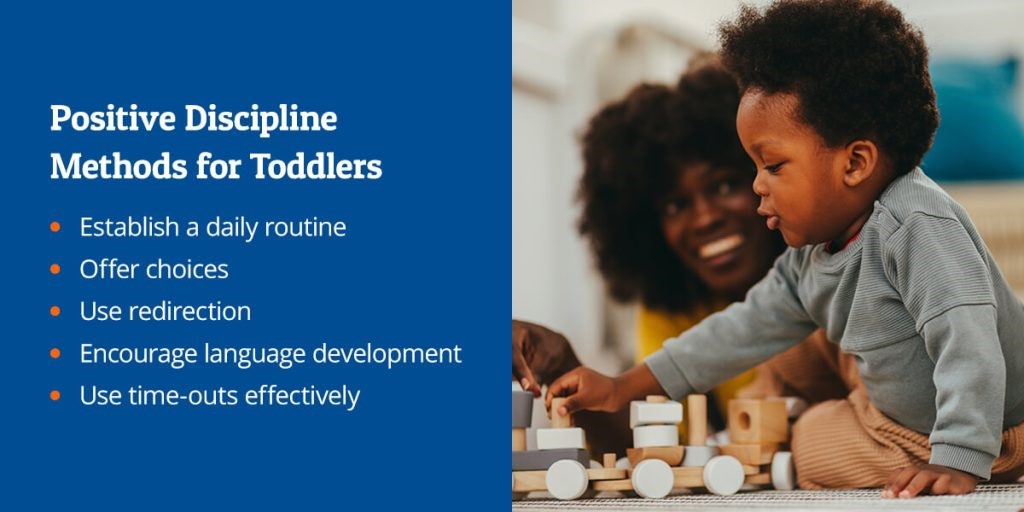In an era driven by technology, individualism, and rapid change, many parents and educators find themselves wondering: Are children losing touch with traditional values? While society evolves, the foundational principles that have guided generations—such as respect, honesty, kindness, and responsibility—remain as essential as ever.
Teaching “old values” to children doesn’t mean resisting progress or clinging to the past. It means grounding young people in character and integrity so they can thrive not only in today’s world but in any world.
What Are “Old Values”?
Old values refer to time-tested moral and ethical principles that have been passed down through generations. These include:
- Respect for elders, authority, and differing opinions
- Honesty and integrity, even when it’s difficult
- Responsibility for one’s actions and commitments
- Gratitude and contentment
- Kindness, empathy, and compassion for others
- Hard work and perseverance
- Humility and modesty
- Loyalty to family, friends, and community
These values are often taught through everyday experiences, storytelling, religious or cultural teachings, and role modeling.
Why Old Values Matter Today
- They Build Strong Character
In a world filled with instant gratification and social media validation, values like patience, honesty, and humility help children develop resilience and self-respect.
- They Create Meaningful Relationships
Values like empathy, gratitude, and kindness help children form deeper, more respectful connections with others—vital for personal and professional success.
- They Promote Responsibility and Accountability
Children who understand responsibility and discipline are more likely to become independent, reliable adults.
- They Bridge Generational Gaps
When children learn and understand the values of their grandparents and ancestors, they feel a stronger sense of identity and cultural continuity.
How to Teach Old Values to Children
- Be a Role Model
Children learn more from what we do than what we say. Practice the values you want them to adopt. Treat others with respect, admit your mistakes, and show kindness regularly.
- Tell Stories with Morals
Folktales, religious stories, and even real-life family anecdotes can teach values in a memorable way. Children often connect deeply with stories and their underlying messages.
- Create Opportunities for Practice
Give children real chances to:
- Help around the house (responsibility)
- Apologize and make amends (honesty and humility)
- Help others in need (kindness and compassion)
- Say “please,” “thank you,” and “sorry” (respect and gratitude)
- Reinforce Positive Behavior
Praise children not just for achievements, but for effort, honesty, helpfulness, or courage in doing the right thing. This builds internal motivation for value-based behavior.
- Set Clear Expectations
Talk about your family’s values openly and consistently. Make them part of your daily life, from family meals to how you resolve conflicts.
Source: https://ldsblogs.com/files/2009/12/family-mormon.jpg
Old Values in Modern Contexts
Values are not outdated—they just need to be adapted to today’s environment. For example:
- Respect includes online interactions—teaching children not to bully or spread negativity on social media.
- Honesty involves acknowledging mistakes in digital work or school.
- Responsibility might mean managing their own schedule or helping care for a younger sibling.

Source: https://answeredfaith.com/wp-content/uploads/2024/07/family-bible-study-ideas.jpg
Challenges to Teaching Old Values
Modern distractions, peer pressure, and changing social norms can make it difficult to instill traditional values. But these obstacles can be overcome with consistency, love, and real-life application. Remember:
- Children may not always show immediate results, but values take root over time.
- Even small lessons, repeated often, build a strong foundation.
Final Thoughts
Old values are not relics—they are anchors. In a world where trends shift and information overload is the norm, values provide children with direction, confidence, and inner strength. By instilling these timeless principles, we equip them not just to succeed, but to live meaningful, grounded lives.
Let’s raise a generation that knows where it comes from, what it stands for, and how to treat others with dignity and respect—no matter how much the world around them changes.





